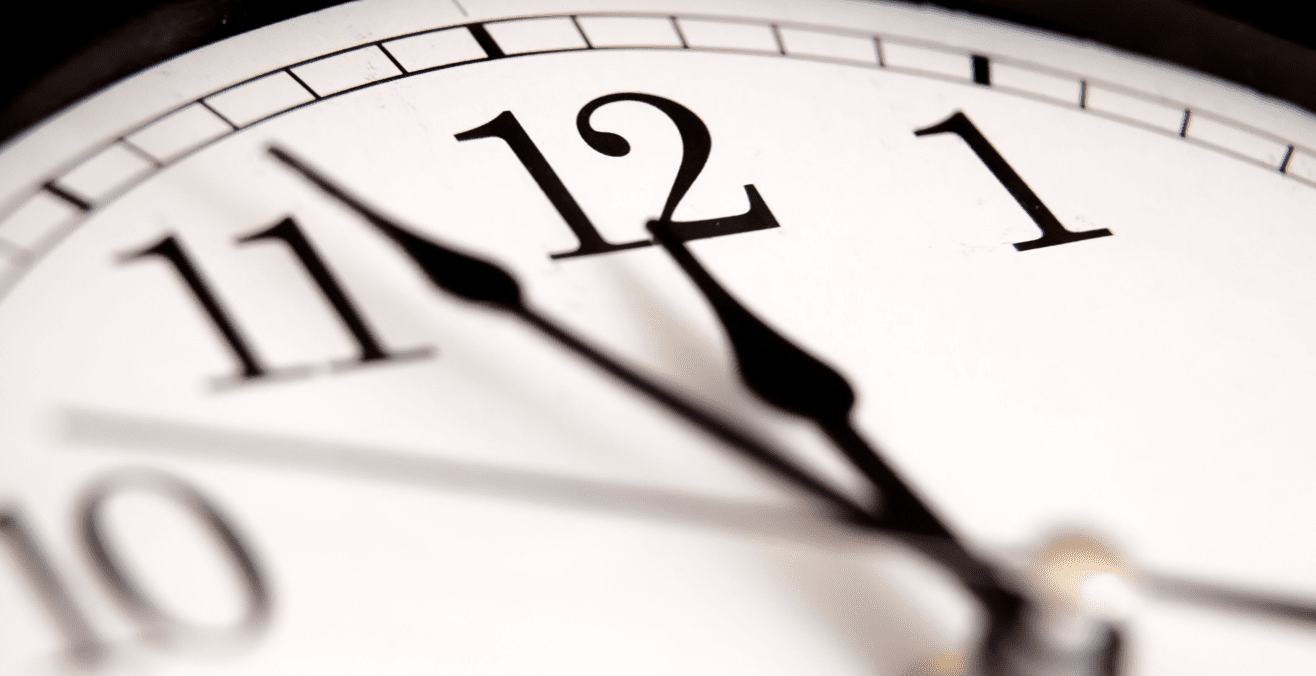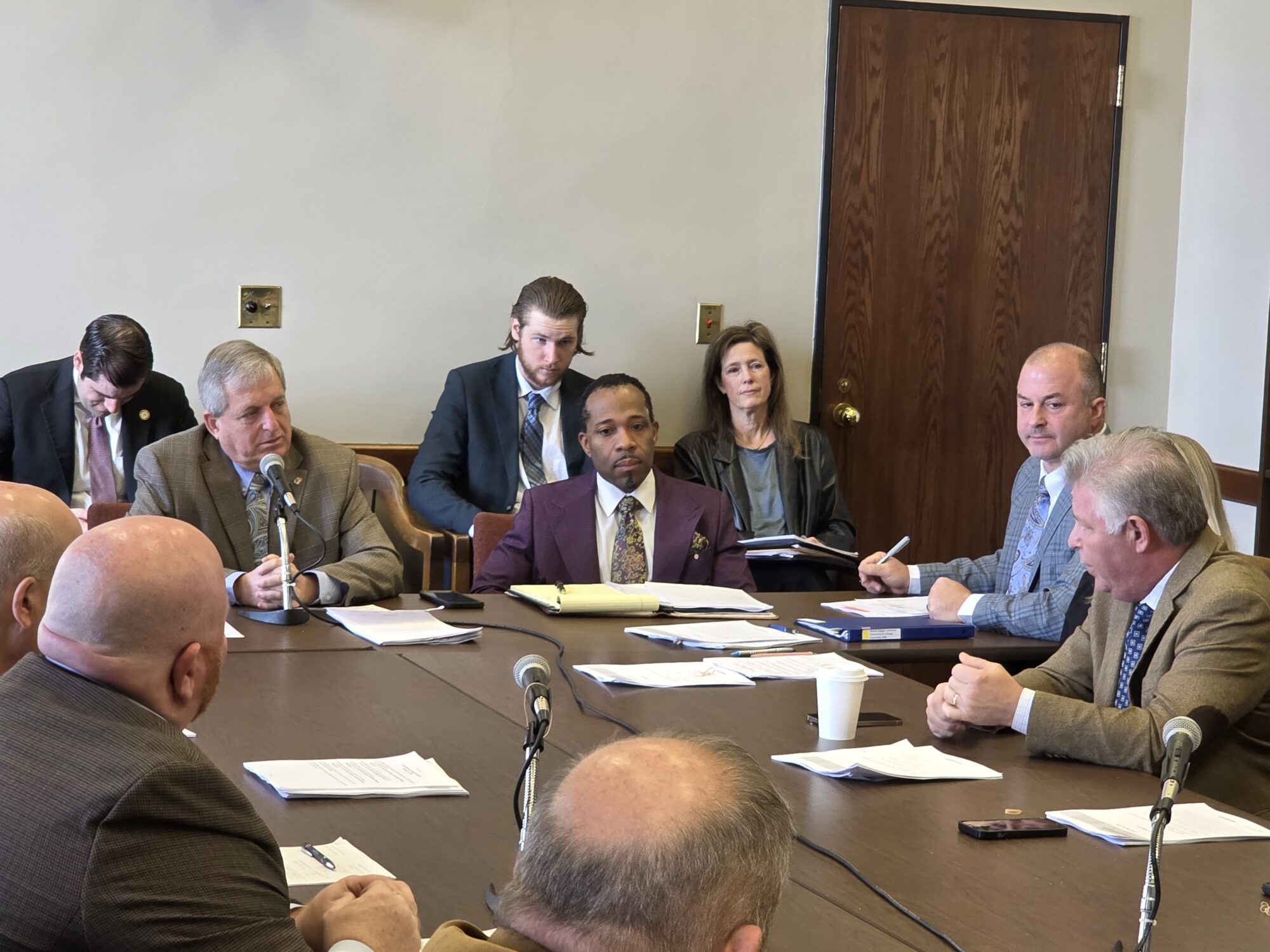
- The time for choosing is at hand, Americans say. Yet, until Congress acts, the first Sunday in November means setting those clocks back an hour until moving them forward in March.
Mississippi and most of the rest of the nation will gain an extra hour of sleep next weekend as November 3 at 2 a.m. marks the end of daylight saving time for the year. But this fall’s blessing will be next spring’s curse when that hour is lost when clocks “spring forward” on March 9, 2025, robbing those who live in affected areas of the country of that precious hour of sleep.
As a result of observing the bi-annual practice of adjusting our clocks, Mississippians should remember to set manual clocks back by an hour before going to bed November 2. Those who rely on cellphones and smartwatches for time keeping can simply go about their day since those devices adjust the time automatically. Clocks that set time automatically based on the atomic clock will also continue to reflect the correct time without human intervention. But analog timepieces and electronic clocks not connected to a network will need to be adjusted manually, such as those on ovens or microwaves.
While used in other parts of the world for more than a century, such as in New Zealand in 1895, bi-annual clock adjustments did not become a practice in the United States until 1918. Germany was the first country to observe daylight saving time in 1916.
Through the years, aspects of the practice have been adjusted on several occasions, but it was standardized nationwide in 1966 under the Uniform Time Act. Attempts to move away from adjusting clocks in the fall and spring have continually raised their head but have yet to be successful.
Under the current system, clocks are moved forward an hour at 2 a.m. on the second Sunday of March and fall back an hour at the same time of day on the first Sunday in November. Only two states, and all U.S. territories, have opted out of bi-annual clock adjustments, including all of Hawaii and most of Arizona.
“Federal law allows a state to exempt itself from observing daylight saving time, upon action by the state legislature, but does not allow the permanent observance of DST,” a report from the National Conference of State Legislatures notes.
While technology has advanced to where many devices adjust automatically, lessening the irritation the practice can cause, the impact on the human body of gaining and losing an hour remains. That is why many Americans are pushing to end the practice.
A poll conducted by YouGov in October and November 2023 shows that most Americans, 68 percent, support sticking with one clock setting year-round. Only 17 percent of respondents support keeping the current system intact, with the remaining 14 percent indicating they were unsure. The poll included a sample of 1,000 adult Americans, with a margin of error of +/-3.8 percent.
In 2021, Mississippi joined a total of now 20 states in passing legislation that would allow the state to do away with the need to adjust the clocks should the federal government pass a law that eliminates the policy. During the 2024 Mississippi legislative session, State Representative Becky Currie (R) introduced HB 189, which would have established daylight saving time, as opposed to standard time, as the year-round standard for Mississippi. The bill did not make it out of committee.
According to the National Conference of State Legislatures, states have passed in excess of 700 bills and resolutions in recent years that allows each to use daylight saving time year-round, without time adjustments, when federal law allows. The sticking point in passing any changes appears to be the inability of federal lawmakers to agree on which standard of time to use.
“Much of the legislation would stop the disruption-causing, twice-yearly clock switching. Inherent in the debate is whether to enact either permanent standard time or permanent daylight time. The federal Uniform Time Act allows the former option but not the latter,” a report published by NCSL earlier this month states.










